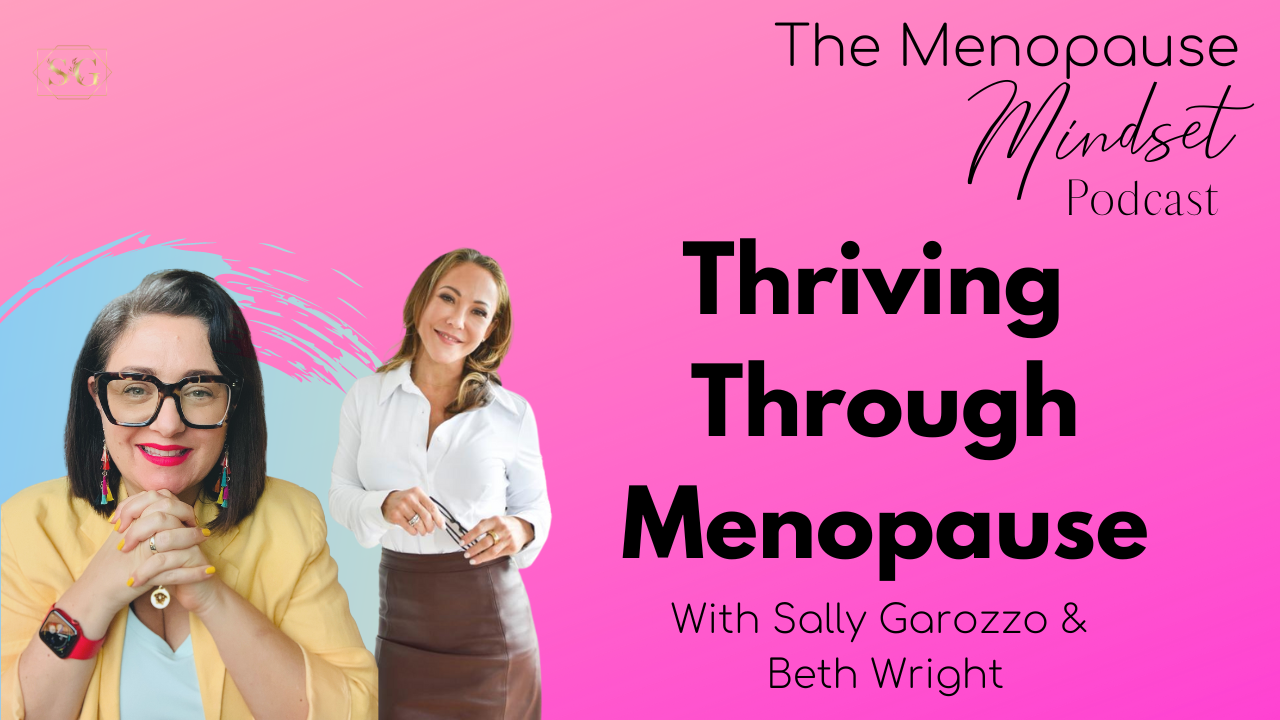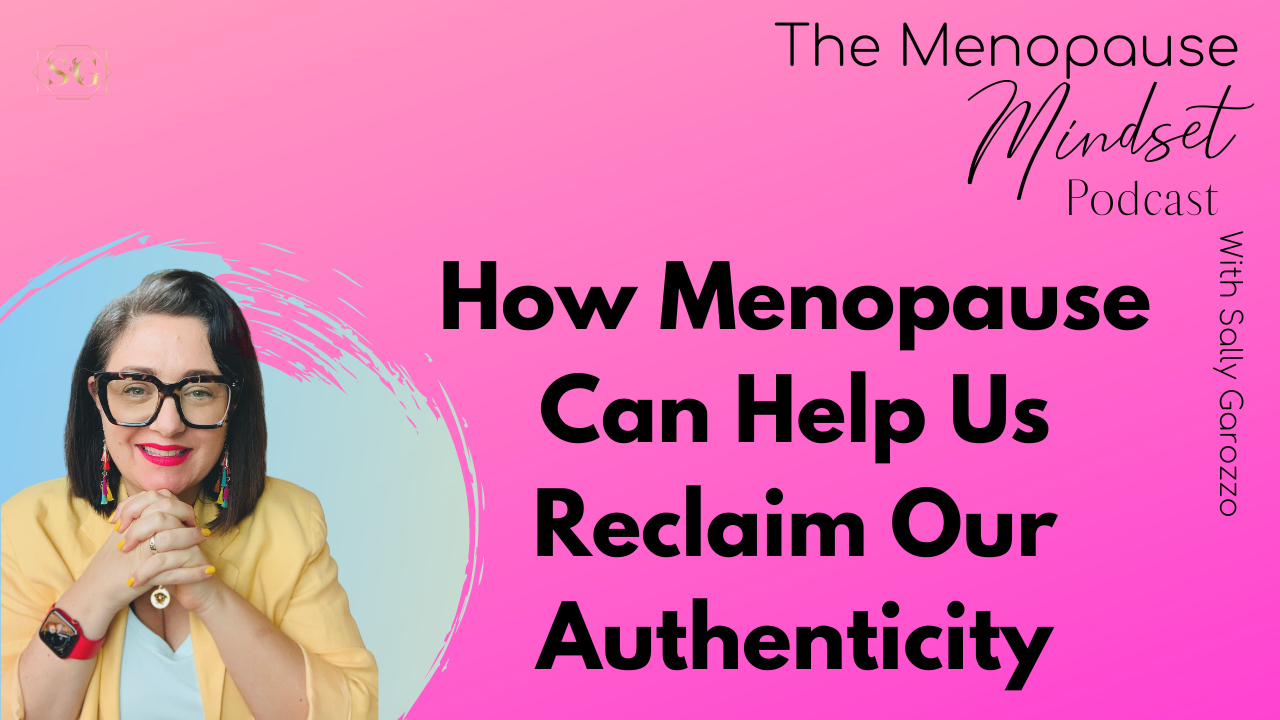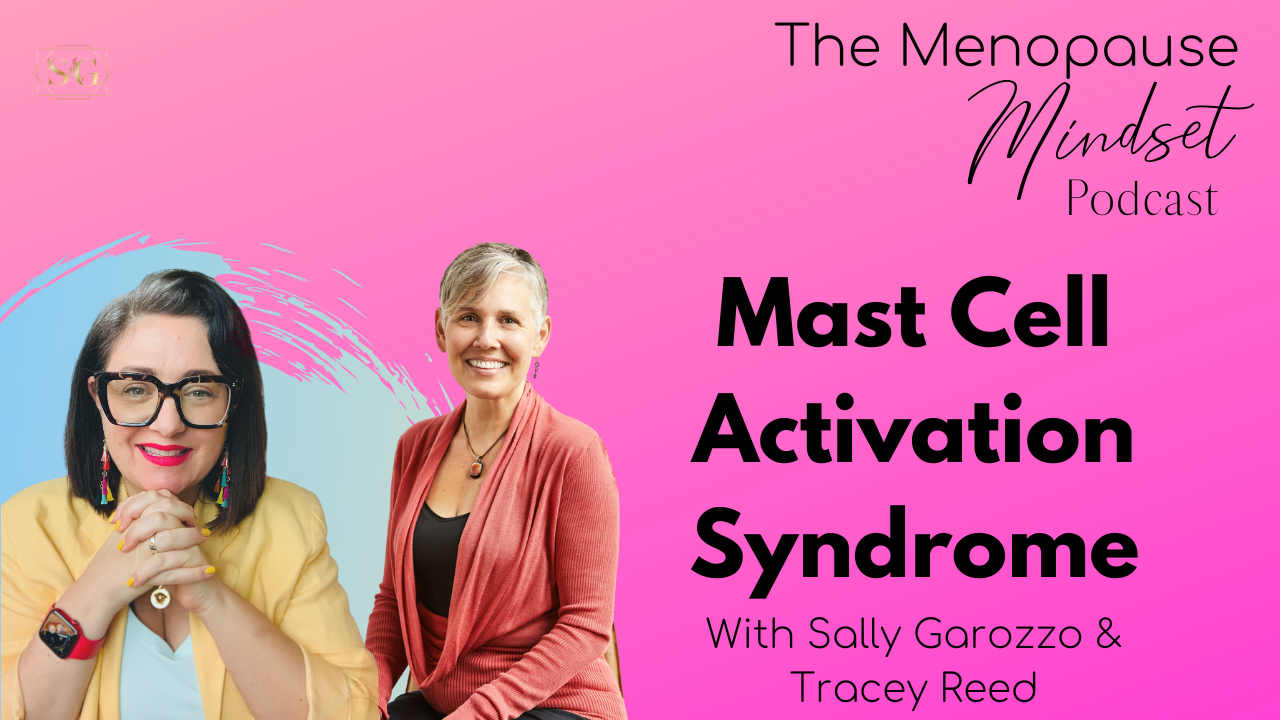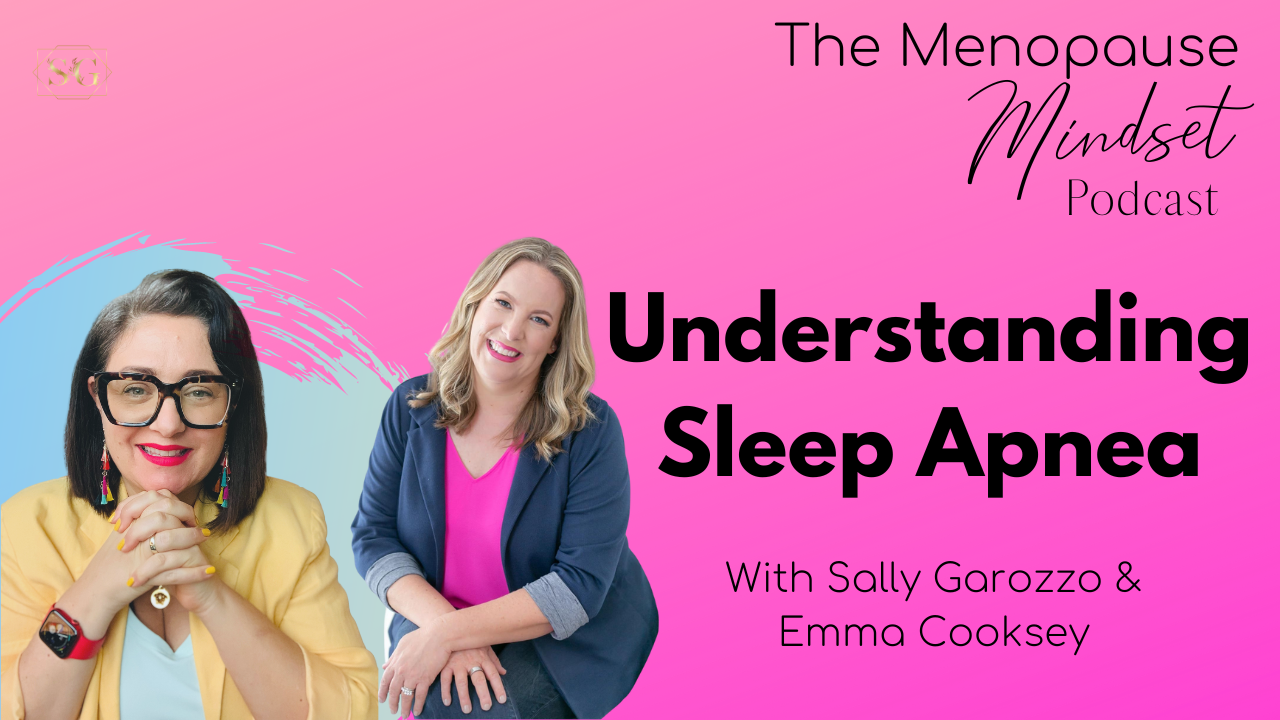Why Over Idealising Your Parents Might Be Stopping You From Recovering

If you’re experiencing anxiety, depression or internalised rage (whether menopausal or not) and you believed you had a happy childhood, you MAY be over idealising your parents. Read the blog to gain more insight.
Now, before we dive in, I totally understand that this may well be a paradigm shifting read, but if you've found your way here, it's likely that you're already starting to take the rose coloured spectacles off.
Be kind to yourself as you read this, you really don't need anything else to beat yourself up about.
Take a breath.
Believing you had a happy childhood does not make you exempt from having Complex Trauma which may be underlying your anxiety and depression. Complex PTSD arises as a result of the quality of our attachments in early life.
The obvious issues are abuse and neglect, but the less obvious ones are:
🥺 Not being allowed to rebel and find yourself (rebellion is how we find ourselves).
🥺 Feeling like you had to keep the peace (it's not your job to ke...
Thriving Through Menopause with Beth Wright

How do we become resilient to the challenges of menopause? Do we do nothing and let it overtake us or do we actively participate to become more adapted to this challenging phase of our lives?
The most helpful narrative I've come across is to be primed and ready for menopause as much as we can in order to avoid the massive pitfalls of ill health that can occur at this time.
My guest today is Beth Wright, a lawyer by day who moonlights as a Functional Medicine Practitioner and a Health Coach.... and frankly, SHE RIPPED!!
In this episode we chat about:
💪🏽 Holding down a job as a lawyer AND a health coach.
💪🏽 Muscle as a metabolic and endocrine organ.
💪🏽 Why generic programs are not a good idea especially during menopause.
💪🏽 Symptoms tracking.
💪🏽 The trainer client relationship.
💪🏽 What is a hormone reset and reboot.
💪🏽 Why we are programmed to function better in groups.
💪🏽 The reasons why intuitive eating sometimes goes out the window.
💪🏽 How to manage stress if you're busy.
💪🏽 Why...
How Menopause Can Help Us Reclaim Our Authenticity

Mast Cell Activation Syndrome with Tracey Reed

If you're curious about the place inside of us where the mind and body come together, then look no further than the fascinating subject of Mast Cell Activation Syndrome.
When we take a look at MCAS what we're REALLY looking at, is the junction between the immune system and the nervous system.
Fascinating though it is, symptoms of MCAS can be incredibly annoying and often difficult to make sense of, and to top it all off, at menopause we become a little more susceptible to our Mast Cells becoming agitated leading to this pick and mix of symptoms.
My guest today is Tracey Reed who is the co-founder of Histamine Haven along with Luka Symmons. She is a Certified Holistic Nutritional Consultant, an instructor at the Canadian School of Natural Nutrition and the recipient of the 2018 Clinical Excellence Award.
In this episode we discuss:
🤓 What is Mast Cell Activation Syndrome (MCAS)?
🤓 Why a typical healthy diet might not be the best course of action for someone with MCAS.
🤓 ...
Breaking Through Auto Immune Issues with VJ Hamilton

Why is menopause a risk factor for increased auto immune issues?
In today's episode we'll find out.
My guest today, VJ Hamilton, was just seven years old when she first discovered a patch of alopecia at the back of her head. While there was a genetic component to this, during her adult life, her symptoms become worse, ranging from joint pain to extreme fatigue and psoriasis.
Unable to resign herself to the fact that there was nothing she could do, she decided to take matters into her own hands.
Today, after 7 years, she lives symptom free.
VJ is a autoimmune nutritionist and in our conversation together we discussed:
🤓 How our hormone changes can make trigger auto immune issues.
🤓 Symptoms of auto immune issues.
🤓 How a functional approach can help you become symptom free.
🤓 Swapping handbags for health.
🤓 How to keep healthy practices up for the long term.
🤓 The genetic component of auto immune issues.
🤓 Why the immune system over reacts.
🤓 Why DNA testing is useful (and yo...
Understanding Sleep Apnea with Emma Cooksey

My guest today, Emma Cooksey, was diagnosed with obstructive sleep apnea at the age of 30, after more than a decade of unexplained health problems.
Once diagnosed, she felt incredibly alone while navigating life with sleep apnea and adjusting to CPAP therapy.
After learning a great deal she began hosting a weekly podcast, “Sleep Apnea Stories.”
By sharing her journey and encouraging others to tell their stories, Emma has been breaking down stereotypes of sleep apnea while also raising awareness of symptoms and treatment options.
During our conversation today we touch on:
😴 What's it like doing a sleep study
😴 What are they measuring during a sleep study
😴 What exactly is sleep apnea
😴 Symptoms of sleep apnea
😴 Treatments for sleep apnea
😴 Risk factors for sleep apnea
😴 Why does it seem to come up at menopause
😴 Nervous system implications
So listen now if you're ready to enjoy gaining some new knowledge.
Emma's Links:
www.sleepapneastories.com
www.Instagram.com/sleepapneastori...

